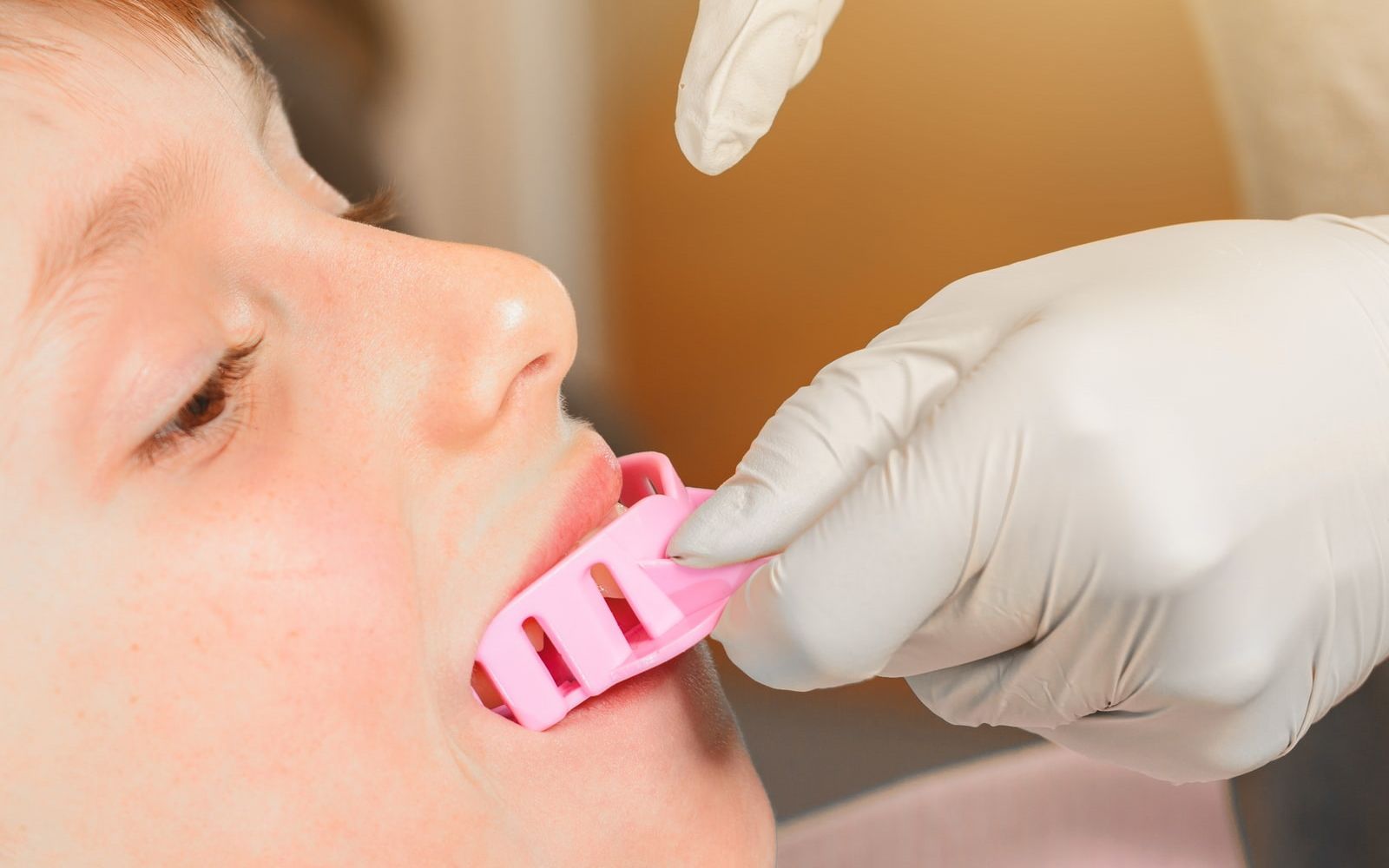Dental Concussions and What To Do About Them

At some time in their life, everyone is prone to oral injuries, which can vary from minor damage to serious trauma. A dental concussion is one of these injuries common in young children but can occur at any age. This occurs when a tooth takes a severe blow but is not fractured or knocked out. Even though it usually doesn’t necessitate emergency care, a dental concussion might result in temporary or permanent tooth discoloration. It’s crucial to recognize the symptoms of a dental concussion and know what to do if you think your child may be experiencing one.
What Are Dental Concussions?
Impact sports, mishaps, or accidents frequently cause dental concussions. Even though it may be sensitive to tapping or touching, a concussed tooth can still be found in the mouth. While certain dental concussions can affect the color of the teeth, others may not show any outward symptoms. You might ask your dentist to perform a pulp sensitivity test to see if a tooth has been concussed. A positive outcome denotes a healthy pulp, whereas a poor outcome denotes a pulp not mending properly. Maintaining oral health can be facilitated by recognizing a dental concussion and safeguarding teeth.
- Concussion: A tooth concussion happens when the periodontal ligaments keeping a tooth in place are harmed. Teeth may become stained as a result of this.
- Subluxation: This describes a tooth that is movable but has not yet moved. As long as biting or chewing is not difficult, it usually results in gum bleeding and discomfort.
- Extrusive Luxation: This tooth has some ligament separation, which has caused it to become very mobile and elongated.
- Lateral Luxation: The periodontal ligament is severed, and the jawbone anchoring the teeth is fractured.
- Intrusive Luxation: This causes the alveolar bone to fracture when the tooth presses into the socket.
Traumatic events can cause dental injuries, including luxations and concussions. An incident when the tooth is still in its socket but the supporting structures are damaged known as a dental concussion. It could lead to pain, sensitivity, and restricted mobility. Luxation, conversely, refers to the partial or lateral displacement of the tooth from its socket. Teeth with luxation might vary in mobility, sensitivity, and bite alignment. A timely dental examination is crucial to determine the best course of action, which may entail repositioning, splinting, or root canal treatments to safeguard the health of the affected tooth.
Preventing dental luxation and concussions
Concussions are a dental emergency that is difficult to prevent completely, but you can take some easy steps to lessen your risk. Mouthguards are especially beneficial for children and teens who participate in contact sports because they protect their developing teeth from damage. It’s also a good idea to avoid eating ice or hard sweets to prevent Luxation, chipping, or breakage. For those with luxation, a dentist may recommend an antimicrobial mouthwash, a soft diet, and rigorous tooth cleaning.
If you or your child has a dental concussion or another type of luxation, call Smiling Kids Pediatric Dentistry in Indianapolis at (317) 580-9199. Our group of knowledgeable professionals is dedicated to enhancing the oral health of your family one smile at a time.

